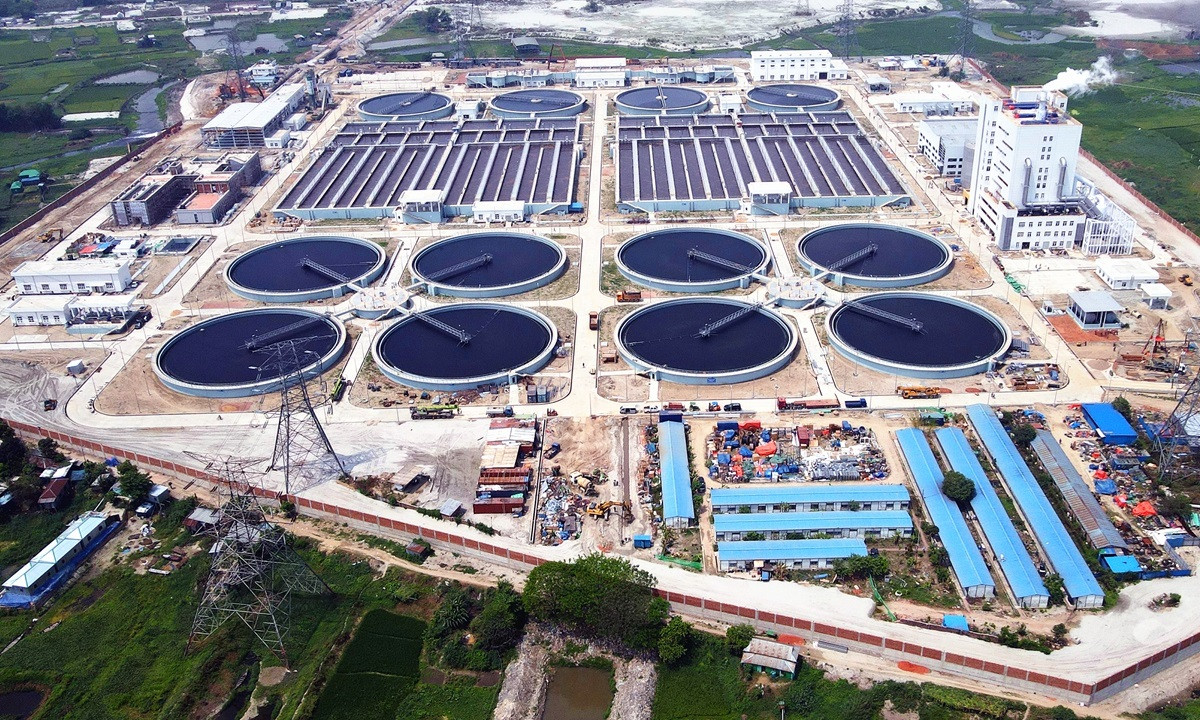
Treatment of sewage waste has long been sidelined as a low priority on the development agendas of our government. It's not just the high cost of building treatment plants and sewage systems (both structural and non-structural measures) that makes treatment of sewage less appealing. Governments seem to find other areas of infrastructure, like electricity, roads and bridges, more attractive. This is a mistake focusing only on economic growth but neglecting to invest in public health and protecting the environment, even though these things are directly connected to a country's overall economic success.
Developed countries struggled for a long time and invested heavily to achieve good sanitation for everyone. These successful countries all had some key ingredients:
- Laws for prioritizing Sewage Treatment or Sewage Treatment Plants (STP).
- Strong regulations too ensure proper sewage treatment.
- Clear plans for sustainable sewage treatment.
- Synchronization of different authorities.
- Collective efforts between government, regulatory bodies and potentially other stakeholder.
Initially, governments shouldered most of the cost, especially for large sewer systems. Later, private companies also got involved. In Japan, for example, different government ministries handle big sewer systems and smaller on-site systems in rural areas. They also have laws to make sure sewage treatment is done properly. In places where big sewers aren't practical, individual homes or small communities have their own treatment systems. Local governments also play a crucial role in several ways, such as issuing permits for on-site systems, conducting inspections to ensure they function properly, and providing technical assistance to residents.
Dhaka, a megacity of over 22 million, struggles to manage its sewage due to an outdated system overwhelmed by the growing population. This results in untreated wastewater polluting waterways. While the recently built Dasherkandi plant, the largest in South Asia, capable of treating 500 million liters of sewage waste daily, it's simply not enough. Only 20% of the total sewage waste of Dhaka City can be treated by the Dasherkandi Sewage treatment Plant. The vast majority of Dhaka's sewage remains untreated, posing a serious threat to both public health and the environment.
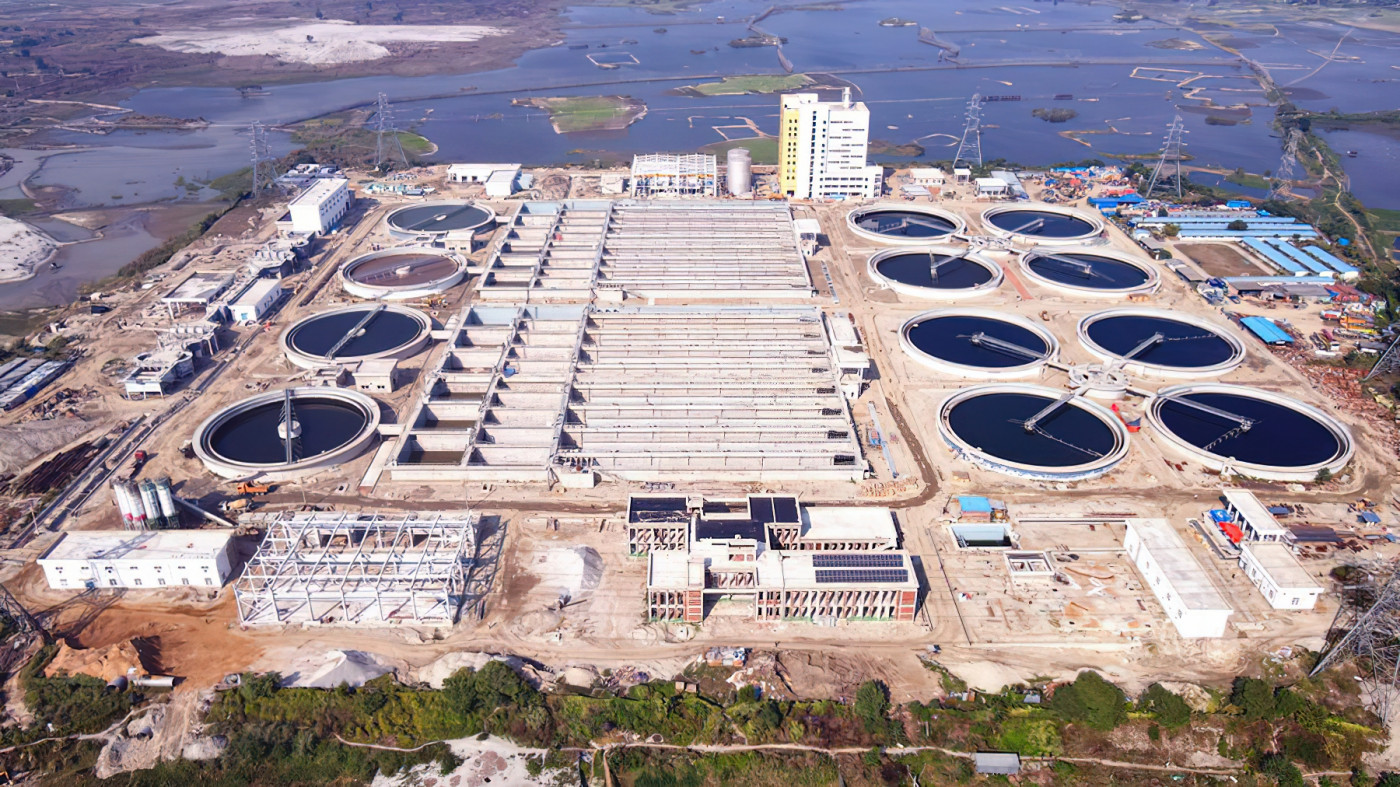
In addressing the untreated sewage waste issue, the construction of the sewage treatment plants is part of a comprehensive strategy undertaken by WASA, aiming to establish five state-of-the-art sewage treatment plants (STPs) capable of treating the entire sewage output of Dhaka. According to Dhaka WASA, there are plans to build four more advanced sewage treatment plants in Pagla, Rayerbazar, Uttara, and Mirpur, with the collective objective of achieving 100% sewage treatment coverage for Dhaka city by the year 2030.
Dhaka North City Corporation (DNCC) and Dhaka WASA (DWASA) have joined forces to improve fecal sludge management in the city through a several collaborative efforts supported by UNICEF and the Bill & Melinda Gates Foundation. These initiatives aim to safely remove and treat sewage waste from homes across Dhaka. Collected sewage will be transported to the sewage treatment plant at Dasherkandi for proper purification before being released back into the environment. The initial phase of the program will target Zone-3 of Dhaka North City Corporation, encompassing areas like Gulshan, Banani, and Baridhara. This pilot will serve as a valuable starting point for expanding the program across the entire city.
The Environmental Conservation Rules (ECR) of 2023, established by Department of Environment of Bangladesh, are a major force for positive change in the way sewage waste is treated in our country. The ECR sets specific criteria for treated wastewater, ensuring a minimum level of treatment and reducing water pollution. In addition to that, the government enacted the Bangladesh Environmental Law in 1995. This law focuses on protecting the environment, raising environmental standards, and controlling and reducing pollution. However, challenges remain. Implementing the ECR and Environmental law across the vast country, especially in rural areas, requires sufficient resources. Building and maintaining adequate treatment facilities necessitates significant infrastructure investment.
Events like Technology Exhibition on City Sanitation showcase the latest technologies and solutions to treat sewage waste. These exhibitions bring together industry professionals, government agencies, and the public to promote innovation and knowledge sharing in wastewater treatment. This not only fosters better treatment practices but also paves the way for a cleaner and healthier Bangladesh. Dhaka North City Corporation in collaboration with UNICEF to host a technology expo focusing on urban sanitation. The exhibition exhibited "Dhaka North City Sanitation Trade Fair” Private companies like Kingsley Engineering Service Corporation actively participated in shaping discussions on secure sewage handling and long-term urban sanitation solutions.
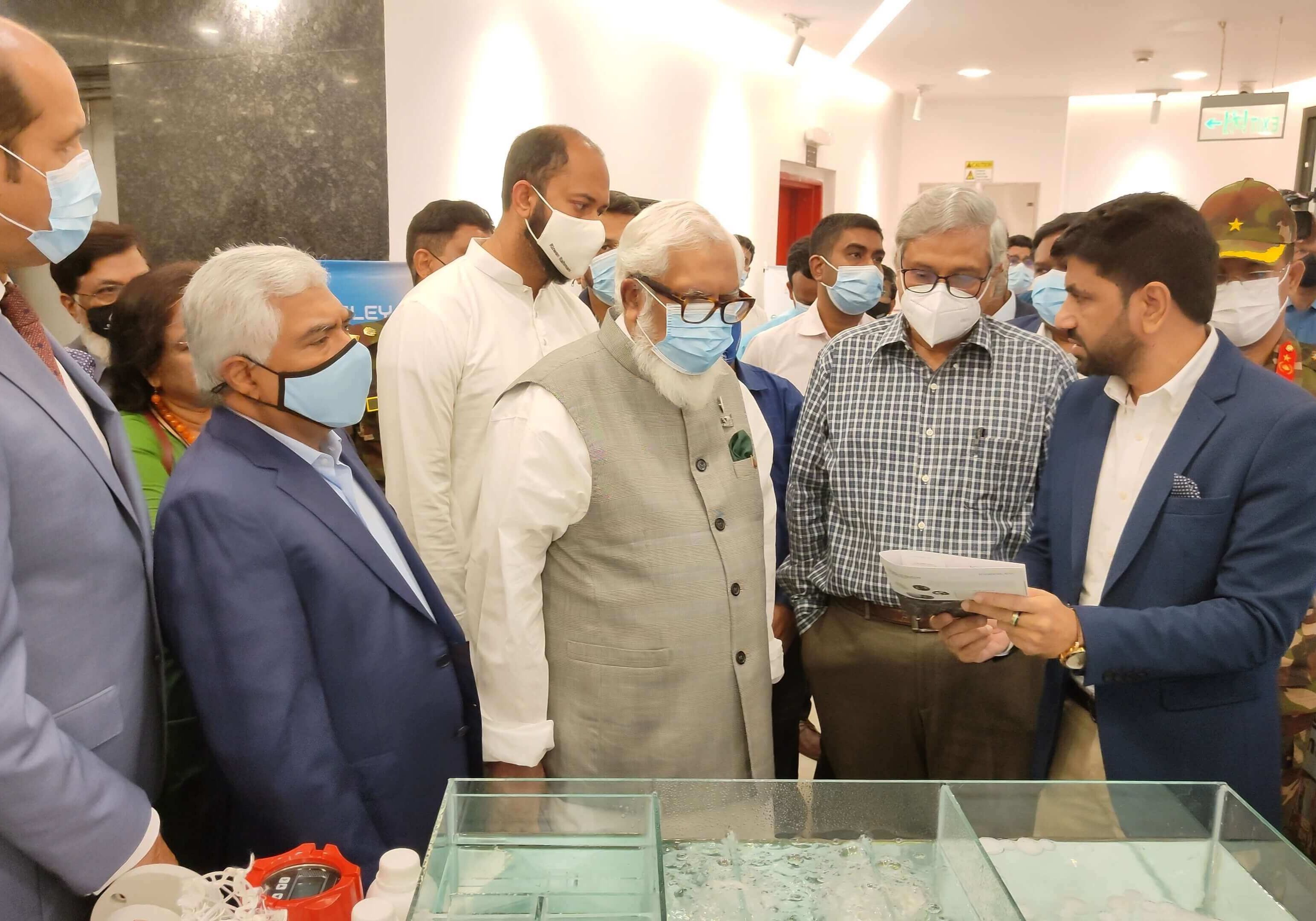
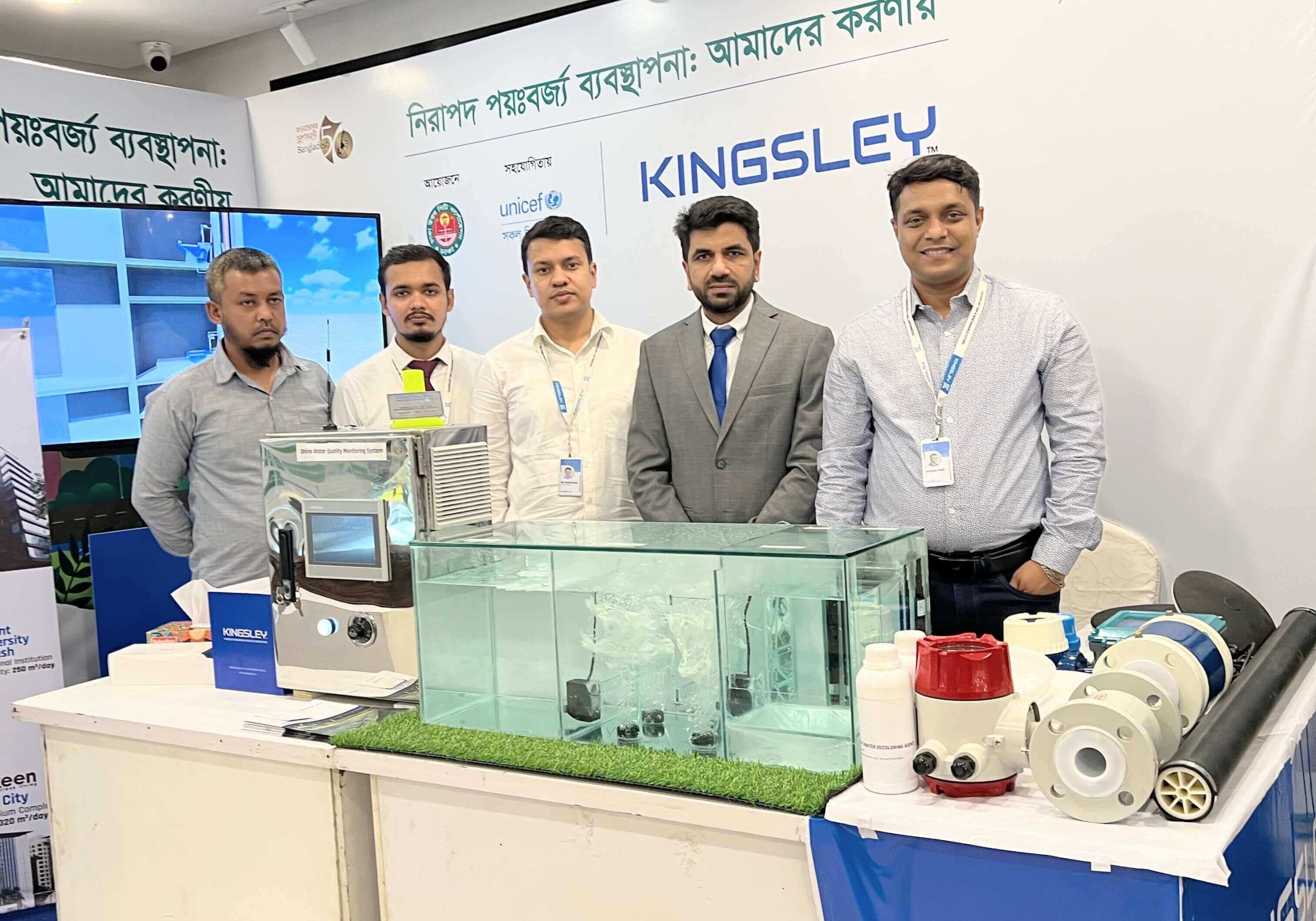
Dhaka's sewage problems require a collaborative effort, and the private sector has a significant role to play. Companies like Kingsley Engineering Service Corporation bring a wealth of experience to the table. With more than 200 completed projects, including sewage treatment plants for prestigious institutions like Independent University of Bangladesh, IUB (with a capacity of 250,000 liters per day), Bijoy Rakeen City (320,000 liters per day), and BGMEA Complex (125,000 liters per day), Kingsley Engineering possesses the expertise to design and construct efficient sewage treatment facilities. Furthermore, their experience can be leveraged to expand existing plant capacities and ensure integration of the latest technologies in the field. This public-private partnership can be a powerful solution to tackling Dhaka's sewage challenges.
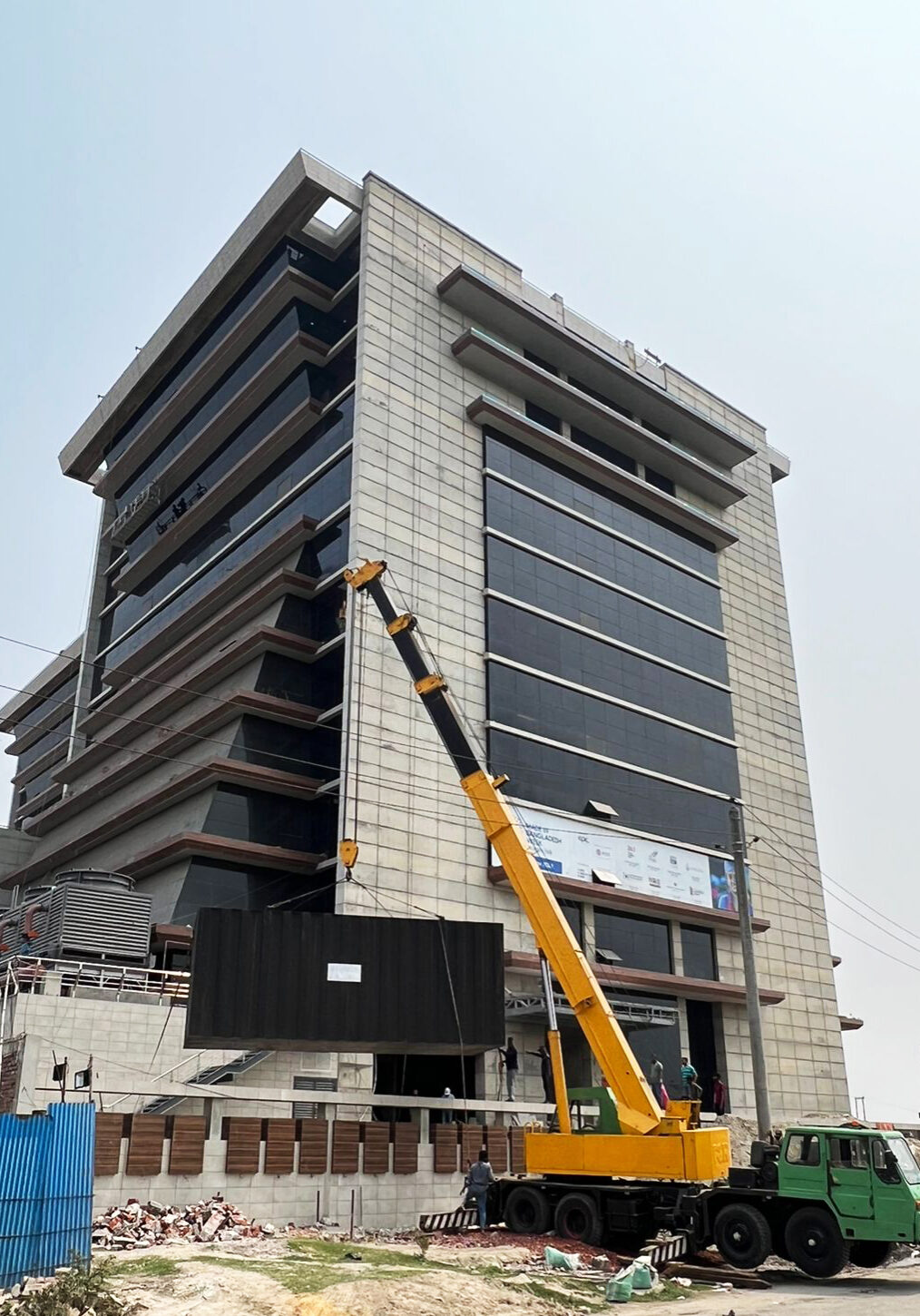
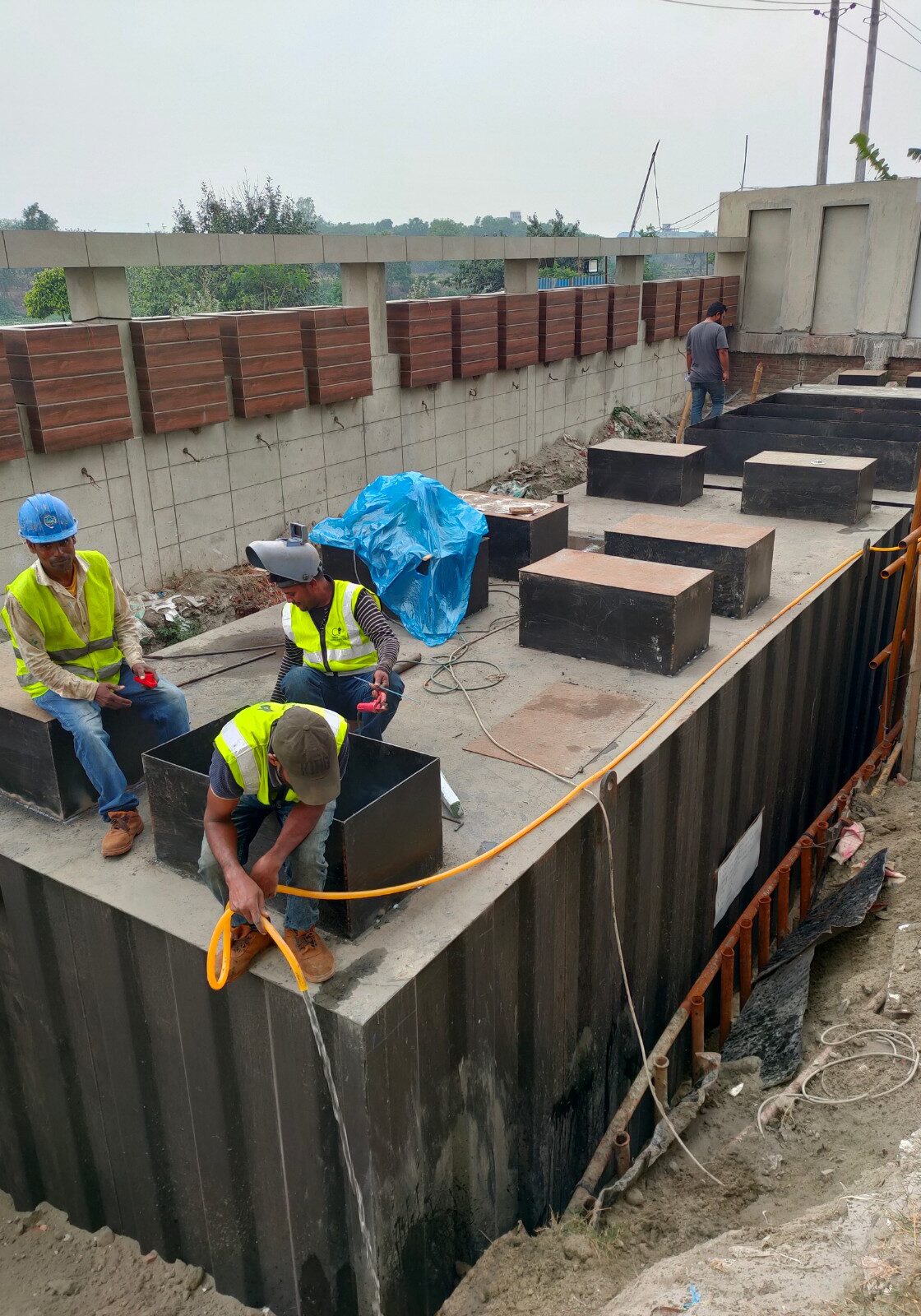
Sewage treatment plants (STPs) are not just guardians of our water bodies - they are silent warriors in the fight against environmental pollution. By significantly reducing harmful pollutants in wastewater, STPs play a critical role in protecting aquatic ecosystem, preventing harmful algal blooms and promoting public health. As awareness grows about the detrimental effects of untreated effluent, the demand for effective STP solutions will undoubtedly rise. By actively seeking and implementing STP solutions, individuals and organizations can become powerful advocates for a cleaner, healthier future for Bangladesh. Let us all strive to become stewards of our environment, ensuring that future generations inherit a world with clean water and thriving ecosystems.
Technology for a
Sustainable Future
Kingsley™ focuses on long term & sustainable future with a reliable technology.
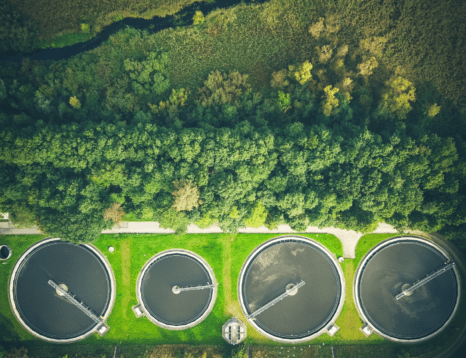
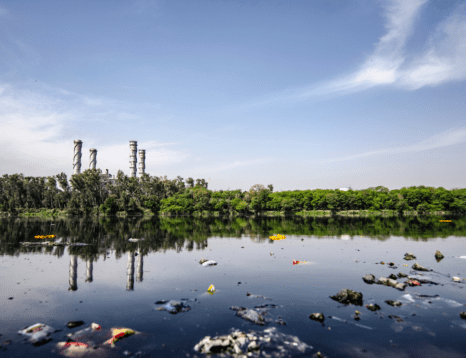
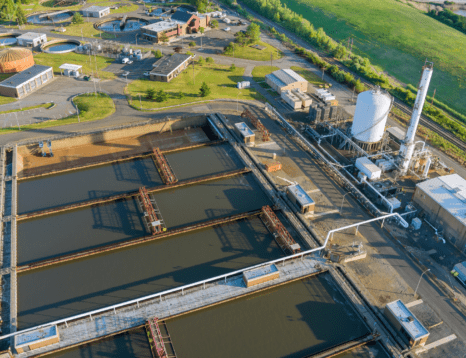
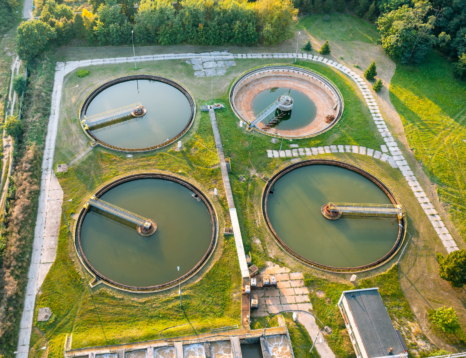
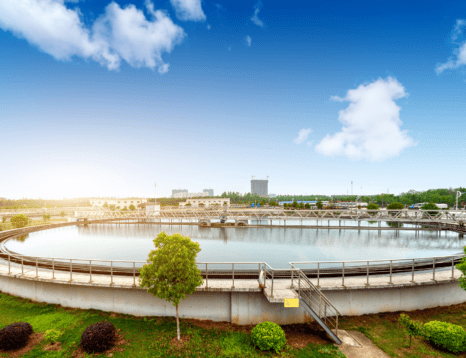
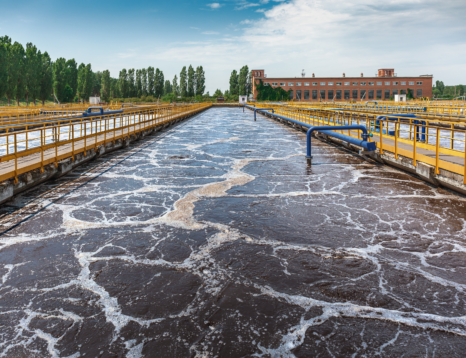
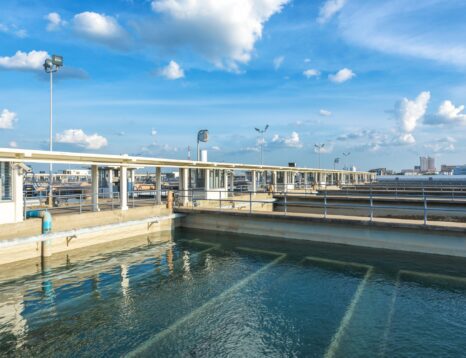
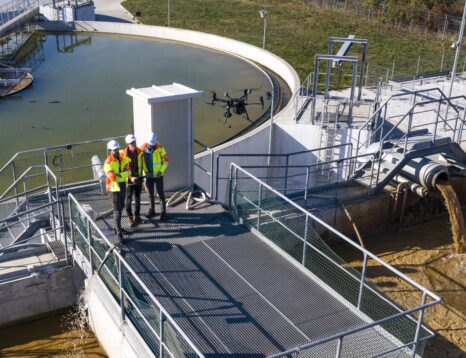
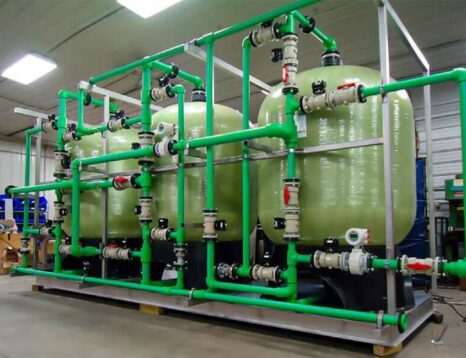
You must be logged in to post a comment.